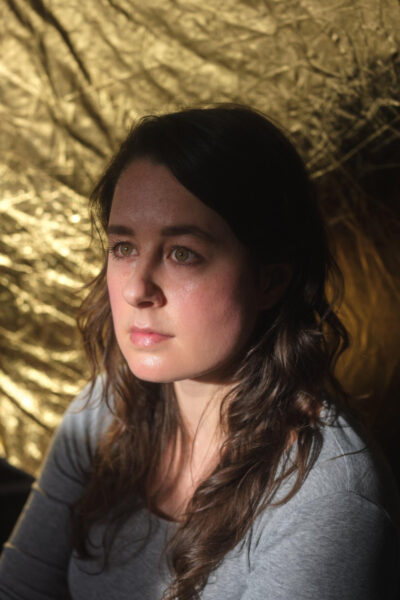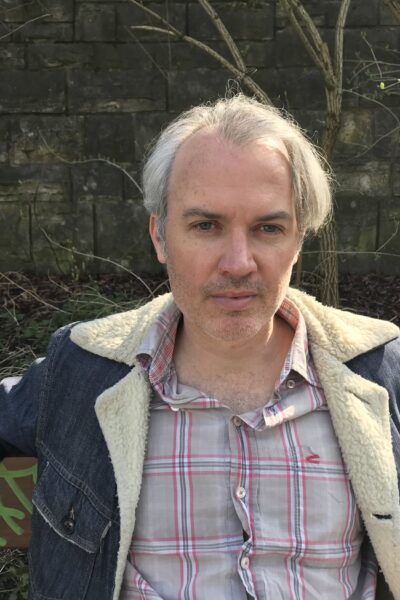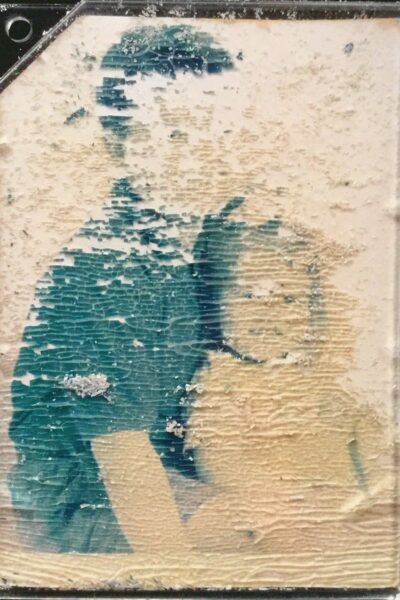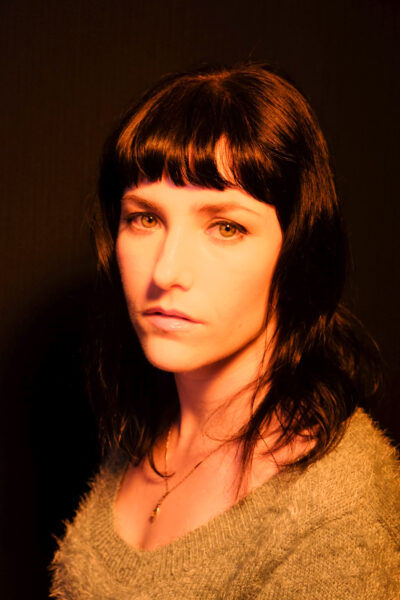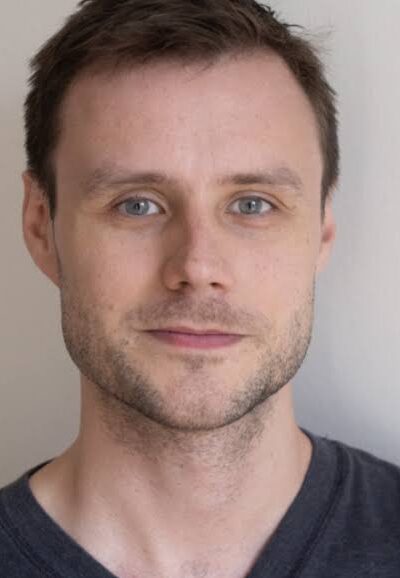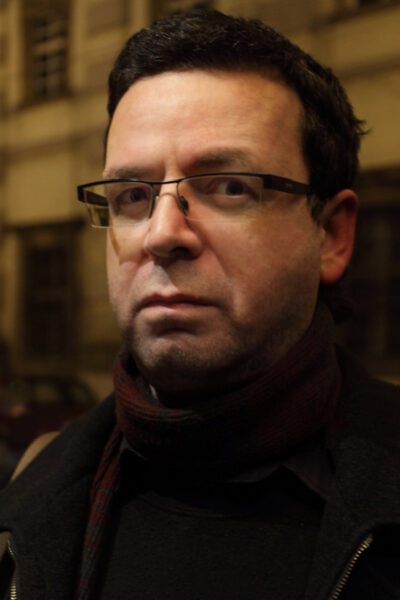While I was writing Headshot I didn’t feel like I was watching a boxing tournament, I felt like I was fighting in it. I was trying to write from a space of inside the girls’ bodies, and inside the space of the tournament. Youth sports tournaments can have their own physics.
Would be great if [my readers] approached the text as a hungry ghost does food.
There’s a lot of violence in humankind’s shared history with animals, a lot of discomfort. I hope that, just as an honest war movie is inevitably anti-war, the tragic horses I write about move people to reconsider their own relationship to past violence.
Is it possible to freeze the ephemeral? To textualize liveness? I don’t think so, but CASKET FLARE attempts to.
Everybody has this backpack of stories we tell our friends or people at parties, and I think that’s a big part of how we make our identities. That’s what I’m interested in writing.
It would feel a little cheap for me to just write this nice character that bad things happen to, like the version of this story where Teddy is a really likable person, and her sister disappears, her father kills himself, and she’s just with a heart of gold?
I became captivated by the way Shakespeare’s white-centric plays contain anti-Blackness, and sometimes so subtly that readers, theatergoers, stage practitioners, students, and educators gloss over such moments that construct whiteness within a dichotomy that excludes real Black people yet imagines us in some way.
It can be hard, especially for artists where “skill” and “progress” is extremely intangible, to feel like unpublished work is accumulating to something else and not just wasted, and while that’s obviously never true, it was lovely to see such a clear refutation.
A good joke should be understood straight off, just like a good aphorism.
The book is true: I had a terrible experience in grad school, it made me feel like I had nothing to say, that poetry wasn’t a place where I could say anything.



